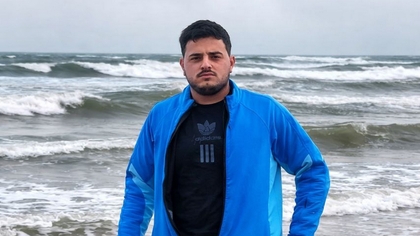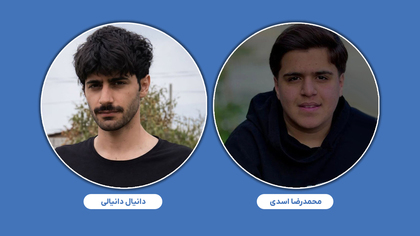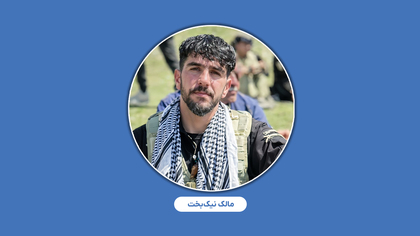US, Syrian Kurds meet to streamline opposition to Assad
09:18 - 10 May 2012

AFP: WASHINGTON — Top US officials are meeting in Washington this week with Syrian Kurdish leaders in a bid to build a \"more cohesive opposition\" to President Bashar al-Assad, the State Department said Tuesday.
Robert Ford, the ambassador who left his post in Damascus for security reasons and special Syria coordinator Fred Hof are meeting with delegates from the Syrian Kurdish National Council (KNC), it said.
\"It\'s part of our ongoing efforts, discussions... to help the Syrian opposition build a more cohesive opposition to Assad,\" the department\'s deputy spokesman Mark Toner told reporters, adding it was the first official KNC visit to Washington.
\"Syria\'s Kurdish population as well as all the other ethnic minorities in Syria has been and always will be an important part of the country\'s diverse social fabric,\" Toner said.
\"They discussed the Syrian revolution, specifically how the KNC, along with other Syrian opposition groups, can help with Syria\'s transition to democracy,\" he said.
\"And this meeting is in the context of our overall effort to reach out to a wide array of Syrian opposition groups,\" Toner added
During talks in northern Iraq on January 30 that involving Syria\'s Kurdish community, KNC leader Jawad al-Mulla called for an autonomous Kurdish government within Syria.
Radwan Ziadeh, a US-based member of the Syrian National Council (SNC), an exile umbrella opposition organization that Washington frequently deals with, said he believes Washington was trying to bridge gaps between the KNC and SNC.
Ziadeh told AFP the SNC was in negotiations with the KNC about admitting it as a member, including holding talks about what is the \"best plan\" to protect their rights within a future democratic Syrian state.
The SNC position is that it is \"too early\" to promise autonomy to Syrian Kurds because the issue should be dealt with in negotiations following the fall of the Assad regime, Ziadeh said.
Syria\'s Kurds represent around nine percent of Syria\'s 23-million-strong population. Most of them live in the north and in Damascus.
They repeatedly complain of discrimination and demand recognition for their Kurdish culture, their language and that they be treated like full-fledged citizens of Syria.
A dozen Kurdish political groups are banned by the authorities.
Robert Ford, the ambassador who left his post in Damascus for security reasons and special Syria coordinator Fred Hof are meeting with delegates from the Syrian Kurdish National Council (KNC), it said.
\"It\'s part of our ongoing efforts, discussions... to help the Syrian opposition build a more cohesive opposition to Assad,\" the department\'s deputy spokesman Mark Toner told reporters, adding it was the first official KNC visit to Washington.
\"Syria\'s Kurdish population as well as all the other ethnic minorities in Syria has been and always will be an important part of the country\'s diverse social fabric,\" Toner said.
\"They discussed the Syrian revolution, specifically how the KNC, along with other Syrian opposition groups, can help with Syria\'s transition to democracy,\" he said.
\"And this meeting is in the context of our overall effort to reach out to a wide array of Syrian opposition groups,\" Toner added
During talks in northern Iraq on January 30 that involving Syria\'s Kurdish community, KNC leader Jawad al-Mulla called for an autonomous Kurdish government within Syria.
Radwan Ziadeh, a US-based member of the Syrian National Council (SNC), an exile umbrella opposition organization that Washington frequently deals with, said he believes Washington was trying to bridge gaps between the KNC and SNC.
Ziadeh told AFP the SNC was in negotiations with the KNC about admitting it as a member, including holding talks about what is the \"best plan\" to protect their rights within a future democratic Syrian state.
The SNC position is that it is \"too early\" to promise autonomy to Syrian Kurds because the issue should be dealt with in negotiations following the fall of the Assad regime, Ziadeh said.
Syria\'s Kurds represent around nine percent of Syria\'s 23-million-strong population. Most of them live in the north and in Damascus.
They repeatedly complain of discrimination and demand recognition for their Kurdish culture, their language and that they be treated like full-fledged citizens of Syria.
A dozen Kurdish political groups are banned by the authorities.



